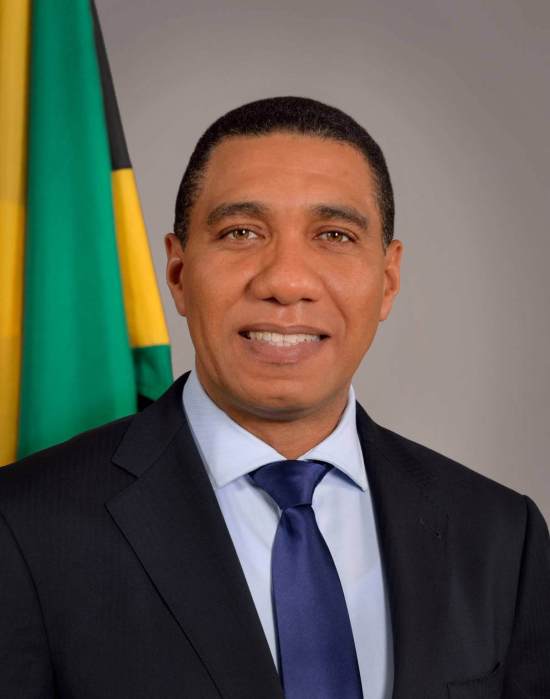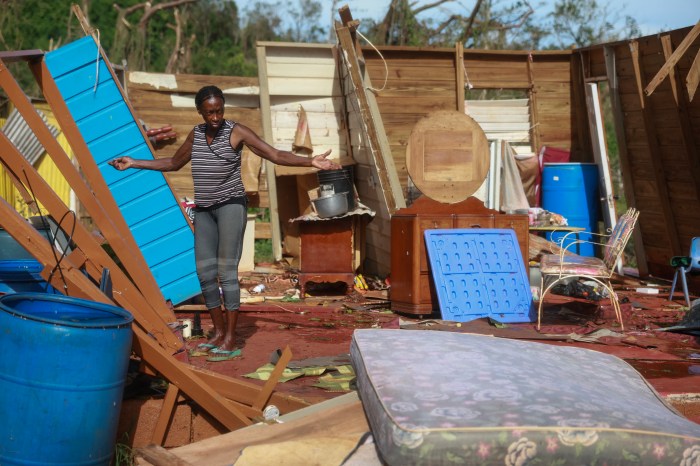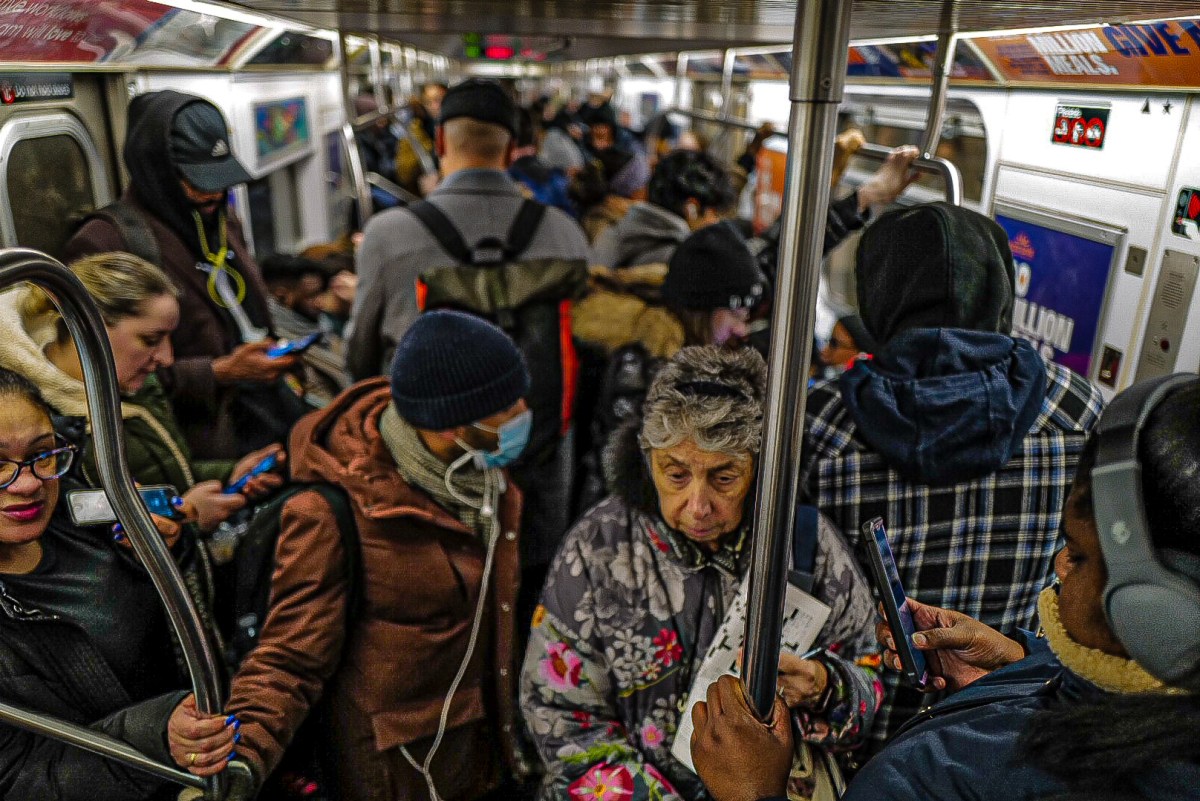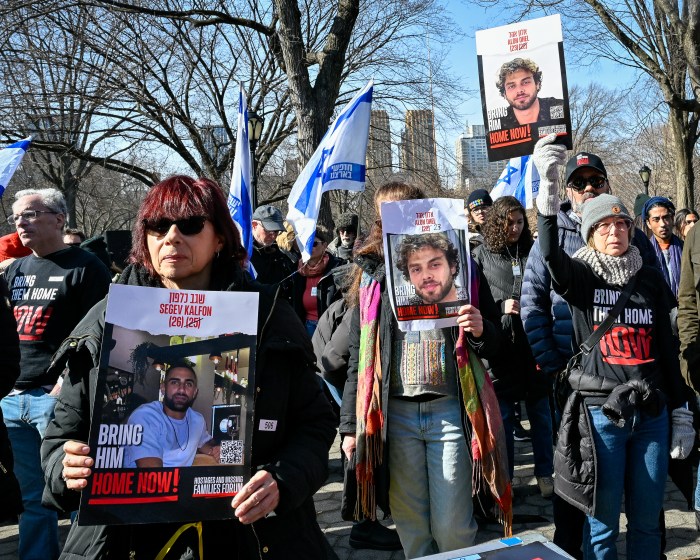Caribbean leaders on Tuesday announced the launch of a new public-private coalition to create the world’s first “Climate-Smart Zone.”
The Caribbean Climate-Smart Coalition aims to find a way to break through the systemic obstacles that stop finance flowing to climate-smart investments, the World Bank said.
With the right domestic and international reforms, the world said it can step up – and help unleash the means to catalyze an ambitious US$8 billion investment plan to bring greater energy and infrastructure resilience to 3.2 million Caribbean households.
“This would help Caribbean islands to eliminate their costly dependency on fossil fuels, so that they can meet close to 100 percent of their energy needs from renewable sources, and to embed resilience into communities and livelihoods to realize the bold ambitions of all Caribbean people,” the bank said.
The announcement came at the One Planet Summit, hosted by French President Emmanuel Macron in Paris, to review progress made on the Paris Agreement adopted by global governments two years ago on Tuesday.
The World Bank said Caribbean leaders brought together a coalition of global organizations such as the Inter-American Development Bank, the World Bank, and the Caribbean Development Bank, as well as businesses and supporters from the Caribbean and the international community.
The coalition aims to reinvigorate the islands that have been impacted by recent hurricanes Irma and Maria, and help build more resilient infrastructure and communities across the region, as the likelihood of future extreme weather events increases, the World Bank said.
It said coalition members will help to establish partnerships that can make investment deals happen.
They will also bring their collective abilities together to break down the technological and financial barriers, which represent the last obstacles to Caribbean people grasping the transformational opportunities that are in reach, the bank said.
Specifically, it said the coalition’s work will focus on catalyzing four initial critical priorities: Scale renewable energy as rapidly as possible to help free Caribbean countries from the high cost of imported fossil fuels and the high vulnerability of centralized distribution systems.
It will also focus on building low-carbon and resilient infrastructure, including nature-based approaches, to better withstand future extreme weather events; and create innovative financing models, such as a debt-for-resilience swap initiative in exchange for demonstrated progress on policy reforms and investments to strengthen resilience and promote climate-smart growth pathways.
The coalition work will build platforms to help facilitate the large public and private investments required.
In addition, the coalition will strengthen the capacity of Caribbean countries and key regional institutions to plan for long-term resilience and climate-smart growth strategies.
“Caribbean leaders have come together as a powerful collective to build a better future for the people of the Caribbean,” said Prime Minister Dr. Keith Mitchell of Grenada, chair of the Caribbean Community (CARICOM). “We welcome the financial commitments from our partners – around US$1.3 billion for recovery efforts and US$2.8 billion toward the vision shared by all members of the coalition and others.
“This is a great first step,” he said. “Now, we need to turn this possibility into a set of realities that benefit all our people. We all need to work together to change the rules of the game to accelerate climate-smart financial flows for the Caribbean and other small island developing states.
“Together we can build thriving economies fueled by clean energy, nature-based resilient design and innovation,” Mitchell continued. “The time for action is now.”
Prime Minister Roosevelt Skerrit of Dominica, whose country was devastated Hurricane Maria, said: “Despite the immense human suffering and economic damage caused by the recent hurricanes, the people of the Caribbean do not want to be just passive victims of climate change.
“Rather, they want to be active participants in designing and implementing solutions, and for their Caribbean region to serve as a beacon of hope for island nations all over the world,” he said.
Supported by funding and resources from the Inter-American Development Bank Group, the World Bank Group and the Caribbean Development Bank, a Caribbean Climate-Smart Accelerator with an estimated budget of US$6-10 million for a three-year period is being established to catalyze billions of further public and private resources, the World Bank said.
Jim Yong Kim, World Bank Group president, said: “The Caribbean is in the ‘eye of the storm’ and we need coordinated international support to rebuild and better plan for the future. At the World Bank Group, we welcome the Caribbean Climate-Smart Coalition and plan to support it so countries get back on their feet and are better able to deal with the growing frequency and intensity of storms and hurricanes.”



























